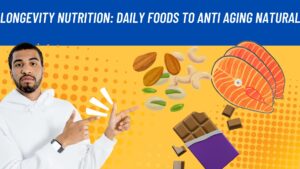Ever wondered why some people seem to age like fine wine while others… well, don’t? The secret isn’t some crazy expensive cream or treatment. It’s actually sitting right in your kitchen. Slow anti aging nutrition is all about choosing the right foods every single day to help your body stay young from the inside out.
Look, I get it. There’s so much confusing info out there about what to eat. One day carbs are evil, the next day they’re fine. But here’s the thing – slow anti aging nutrition doesn’t have to be complicated. You don’t need to eat like that tech millionaire Bryan Johnson who spends millions on his extreme routine (though hey, props to him for taking it seriously!). You just need to know which everyday foods actually work.
Why Your Fork is Your Best Anti-Aging Tool
Before we dive into the good stuff, let’s talk about what’s really happening when you age. Your body is basically fighting a daily battle against something called “free radicals” – think of them as tiny troublemakers that damage your cells. Plus, inflammation starts creeping up, and your cells don’t repair themselves as well as they used to.
But here’s the cool part: slow anti aging nutrition can actually. When you eat the right foods, you’re giving your cells the weapons they need to stay strong and healthy. It’s like having a personal bodyguard for your youth!
Scientists have found that people who follow good slow anti aging nutrition habits can literally slow down their biological age. We’re talking about keeping your telomeres (the caps on your DNA) longer, which means your cells stay younger. Pretty amazing, right?
The Everyday Heroes of Slow Anti Aging Nutrition
Let’s get into the foods that’ll become your new best friends. These aren’t fancy superfoods you need to order online – they’re stuff you can grab at any grocery store.
Berries: Nature's Little Gems
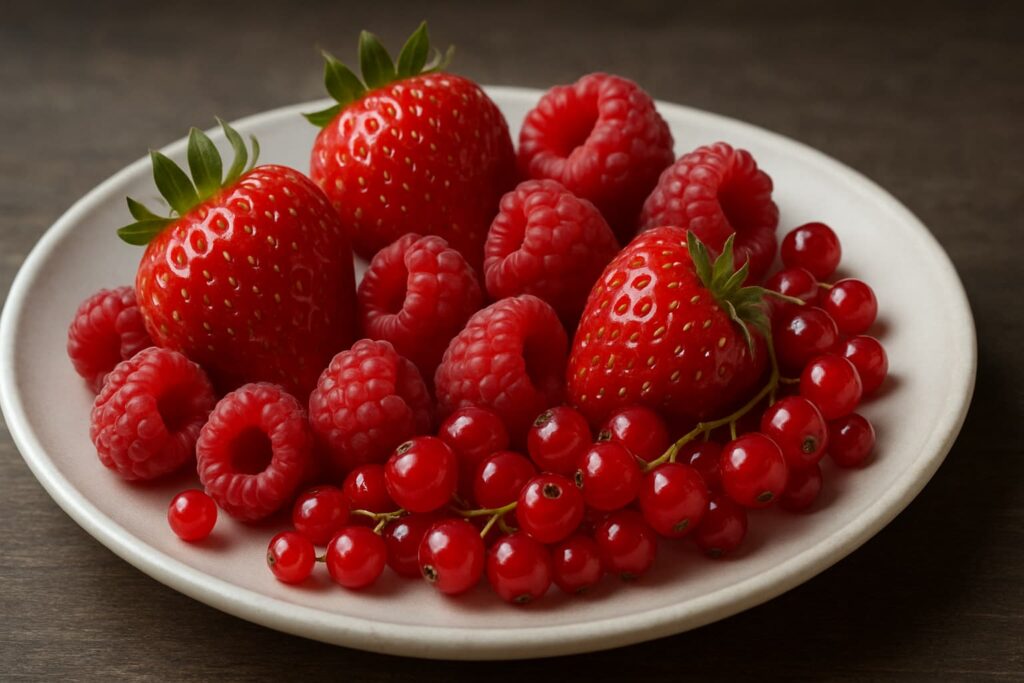
Blueberries, strawberries, raspberries – these little guys are packed with antioxidants that protect your skin and brain. Bryan Johnson actually includes berries in his daily routine, and for good reason. They’re like tiny shields against aging. Toss them in your oatmeal, blend them in smoothies, or just munch on them as snacks.
Leafy Greens: Your Daily Dose of Youth
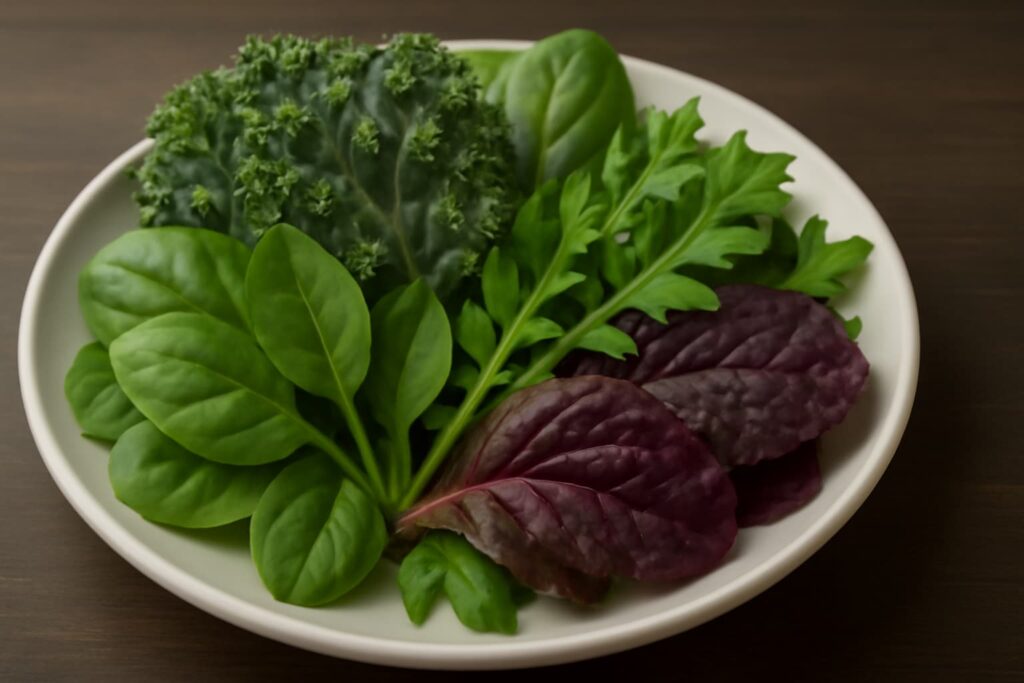
Spinach, kale, arugula – yeah, I know, they’re not the most exciting foods. But these greens are slow anti aging nutrition superstars. They’re loaded with vitamins that help your skin make collagen (that’s what keeps you looking plump and smooth). Try adding them to smoothies where you can’t even taste them, or toss them in scrambled eggs.
Beans and Legumes: The Longevity Champions
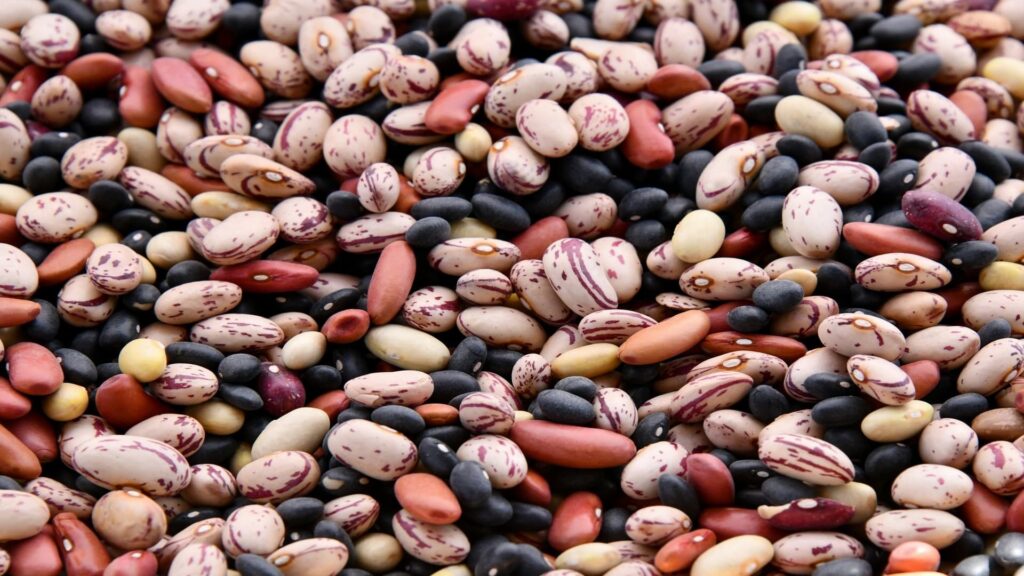
Here’s something cool – in all those Blue Zones (places where people live to 100+), beans are a daily staple. Lentils, chickpeas, black beans – they’re all amazing for slow anti aging nutrition. They keep your blood sugar steady, your gut happy, and your muscles strong. Plus, they’re cheap and filling!
Fatty Fish: Brain Food That Fights Aging

Salmon, sardines, mackerel – these oily fish are packed with omega-3s that fight inflammation and keep your skin glowing. If you’re not a fish person, no worries. Walnuts and flaxseeds give you similar benefits for your slow anti aging nutrition plan.
Extra Virgin Olive Oil: Liquid Gold
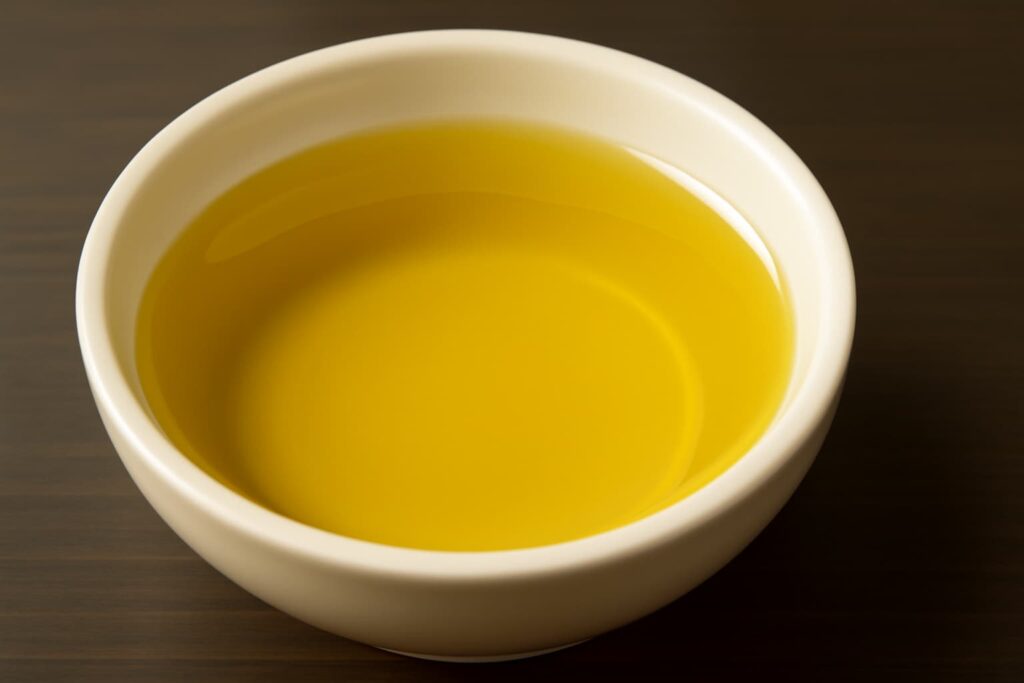
The Mediterranean folks have been onto something for centuries. Olive oil is loaded with healthy fats and antioxidants that protect your heart and skin. Drizzle it on salads, use it for cooking, or even take a small spoonful daily like some longevity experts do.
Nuts and Seeds: Tiny Packages of Power
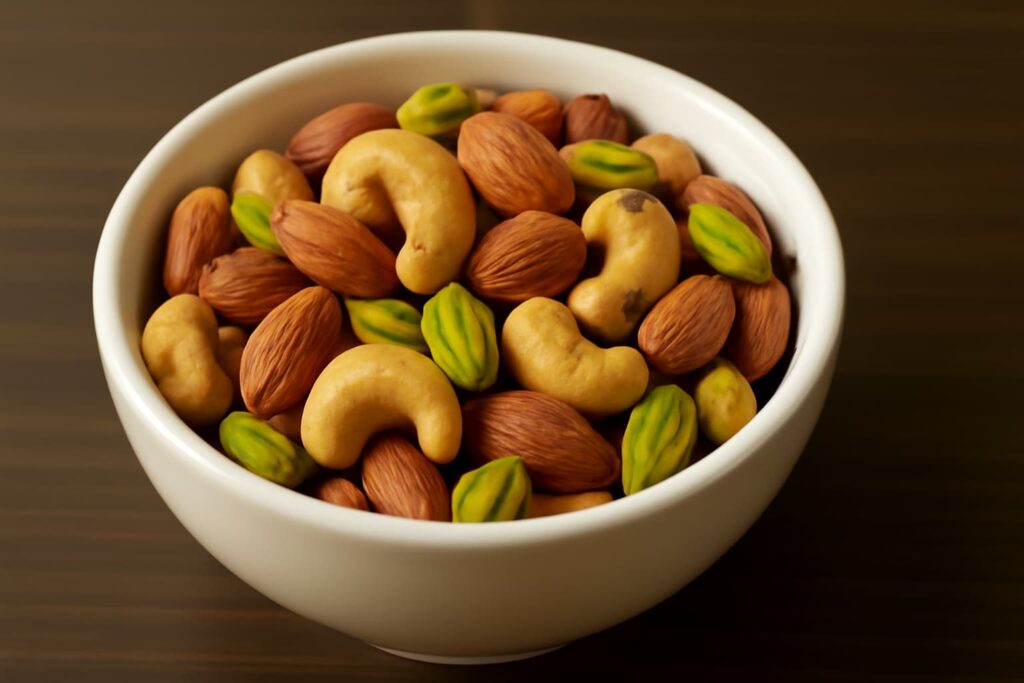
A handful of almonds, walnuts, or pumpkin seeds daily can add years to your life. They’re full of vitamin E, healthy fats, and minerals that support slow anti aging nutrition. Even Bryan Johnson includes nuts in his strict regimen. Keep them handy for when you need a quick snack.
Dark Chocolate: The Sweet Surprise
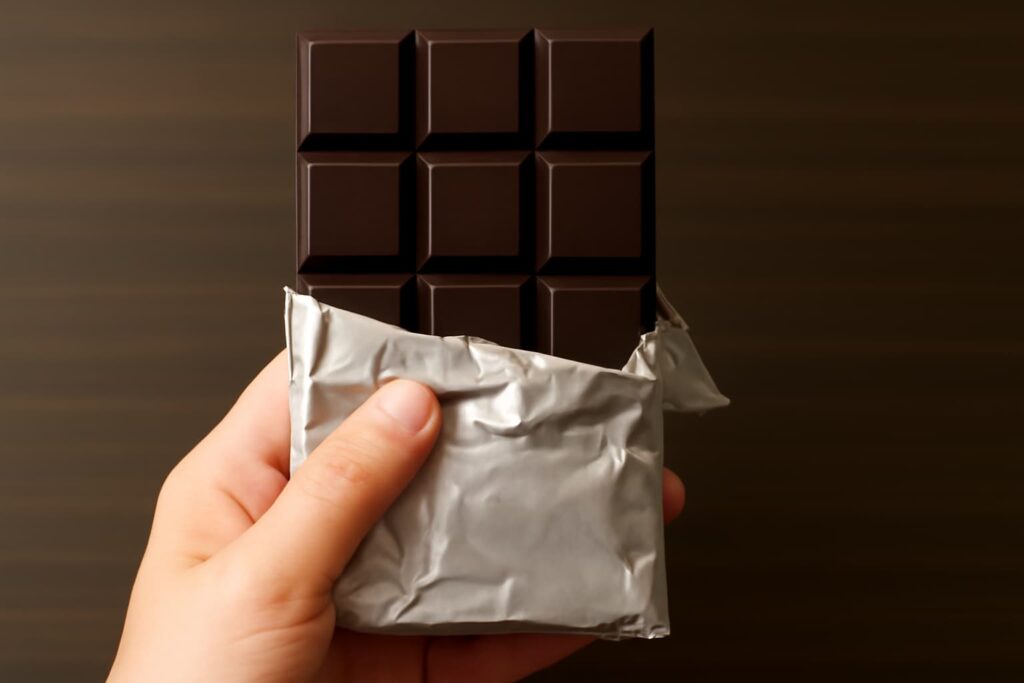
Good news for chocolate lovers! Dark chocolate (70% cacao or higher) actually supports slow anti aging nutrition. It’s got flavonoids that help your skin and might even boost your mood. Just stick to a small square daily – we’re not talking about demolishing a whole bar!
What Bryan Johnson Gets Right (And What You Can Skip)
That tech entrepreneur Bryan Johnson spends about $2 million a year trying to reverse his aging. While his approach is extreme, he’s got some solid slow anti aging nutrition principles you can follow without breaking the bank:
- Eating mostly plants: About 90% of his diet is plant-based
- Timing matters: He eats all his food within a 6-hour window
- Consistency is key: He follows the same routine every single day
- Quality over quantity: Every calorie has to “fight for its life” in his diet
You don’t need to be as extreme as Bryan, but the guy’s onto something. Slow anti aging nutrition works best when it’s consistent and focused on whole, unprocessed foods.
Simple Ways to Start Your Slow Anti Aging Nutrition Journey
Feeling overwhelmed? Don’t be! Here are some super easy ways to get started:
- Add berries to whatever you’re already eating – cereal, yogurt, oatmeal
- Swap one snack a day for nuts – keep them in your car, desk, purse
- Use olive oil instead of butter when you can
- Try “Meatless Monday” with beans or lentils
- Have one green smoothie a week (start small!)
- Switch one cup of coffee for green tea
Frequently Asked Questions (FAQs)
Q1. How quickly will I see results from slow anti aging nutrition?
Some people notice more energy within a few weeks, but visible anti-aging benefits typically take 2-3 months of consistent eating. Your cells need time to repair and regenerate.
Q2. Do I need to take supplements for slow anti aging nutrition?
While whole foods are best, some people benefit from omega-3s, vitamin D, or antioxidant supplements. But don’t use them as replacements for good food – think of them as insurance.
Q3. Can slow anti aging nutrition really reverse aging?
You can’t turn back the clock completely, but research shows good nutrition can slow biological aging and help you feel more youthful. It’s about aging better, not stopping aging entirely.
Q4. Is slow anti aging nutrition expensive?
Not at all! Beans, seasonal fruits, frozen veggies, and basic nuts are all budget-friendly. You’re actually likely to save money by cooking more at home and buying less processed food.




